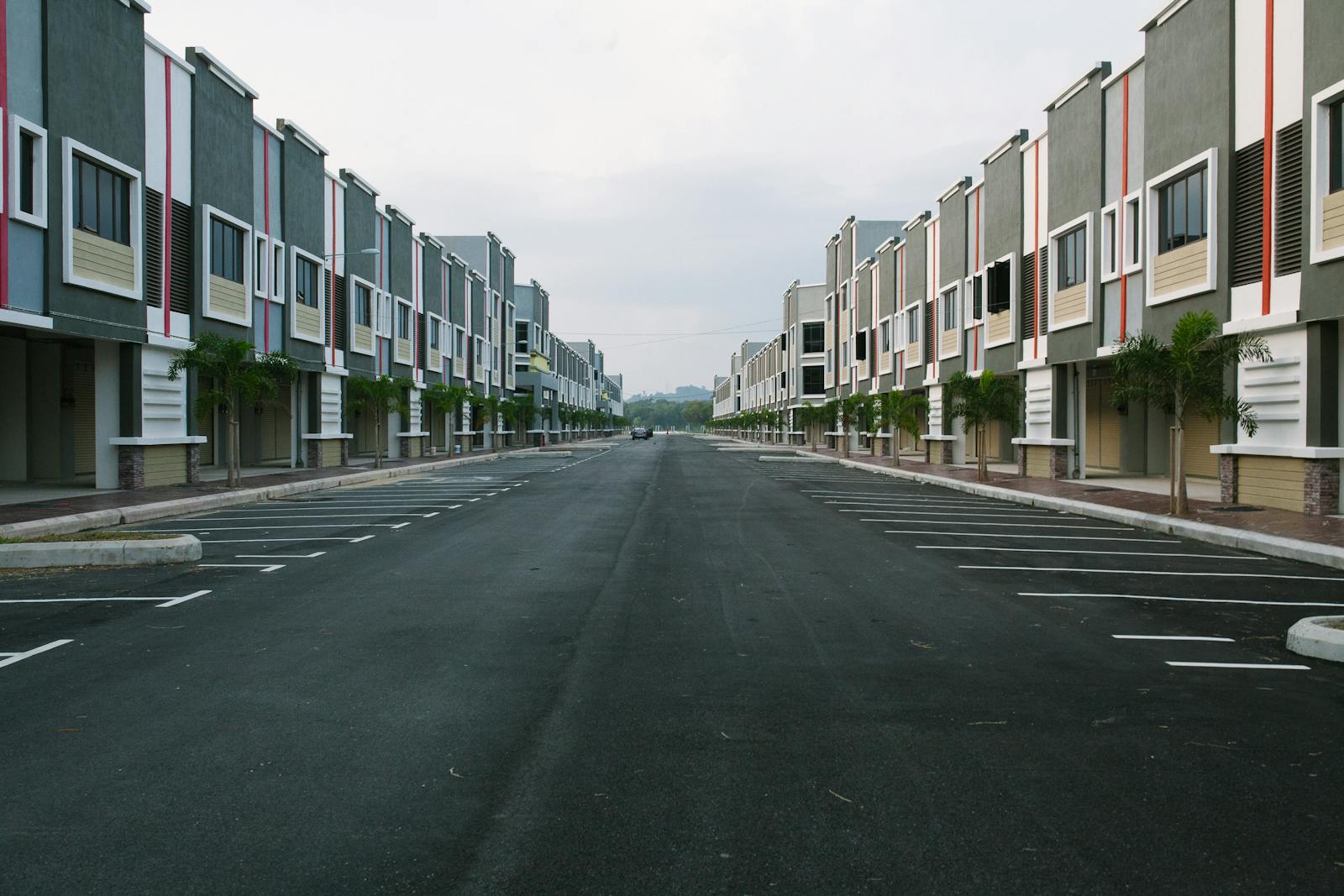Khalil Alibi, a Toronto resident, is facing a battle many Canadians are now familiar with: skyrocketing rent. Since Starlight Investments, Canada’s largest landlord with over 54,000 units, purchased his building in 2019, the rent for his three-bedroom unit has jumped from $1,472 to $1,761 per month. Alibi, along with dozens of other tenants in his neighborhood, has joined a rent strike in protest of multiple Above Guideline Increases (AGIs) implemented by Starlight.
This struggle is far from unique. According to data from Rentals.ca, rent prices across Canada have surged by 22% over the past two years. The culprit, according to housing experts, is the growing dominance of “financialized landlords” like Starlight, whose business models prioritize profits for investors. These landlords often acquire older buildings, cut costs, and raise rents aggressively—sometimes using AGIs or taking advantage of vacancy decontrol laws, which allow landlords to increase rent without limits once a unit becomes vacant.
Martine August, a housing expert at the University of Waterloo, notes that financial firms now own close to 20% of purpose-built rental units in Canada, a sharp increase from the 1990s. August argues that these firms drive up eviction rates and contribute to rising rents as they consolidate their hold on Canada’s rental market. Research shows that once financialized landlords acquire a building, they often triple the eviction-filing rate.
Despite tenants’ frustrations, Starlight and similar firms argue that they are following provincial laws and are not responsible for creating affordable housing. Industry representatives claim that maintaining aging buildings requires significant investment, and that rent increases are necessary to cover these costs. Michael Brooks, president of Realpac, which represents many of Canada’s largest landlords, says that providing deeply affordable housing is not the private sector’s responsibility, pointing to the need for government intervention and rent subsidy programs.
The situation has led to growing unrest among tenants, with many like Alibi left feeling powerless and unable to find alternative affordable housing. While Starlight plans to build 28,000 new units over the next decade, experts like August are concerned that these units won’t be affordable, and that Canada’s lack of social housing investment is exacerbating the problem.














Leave a Reply